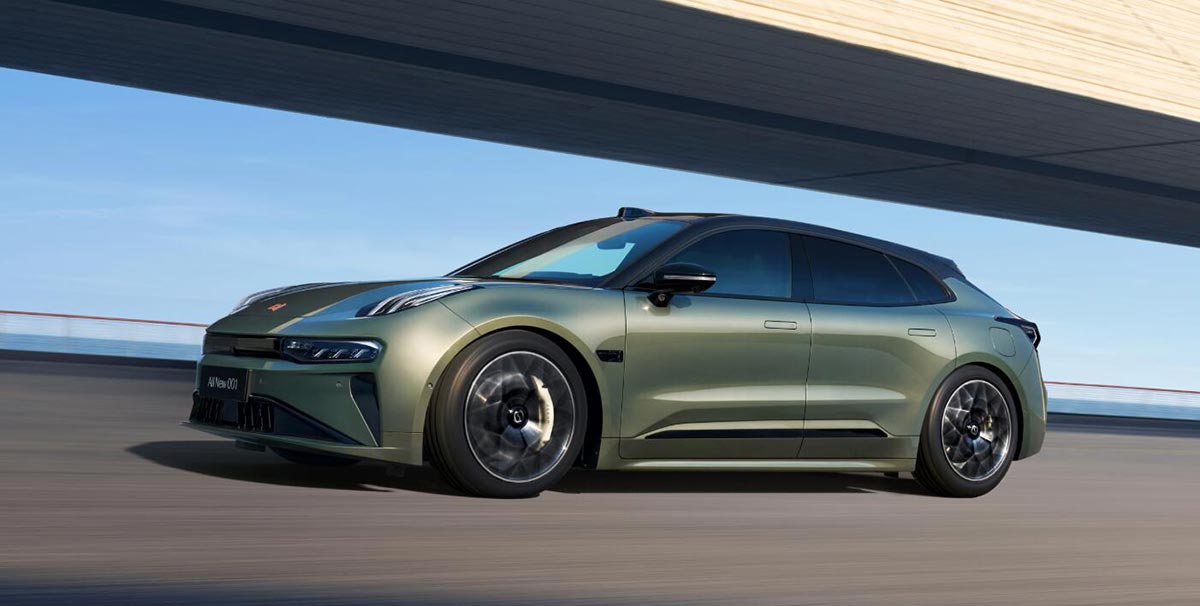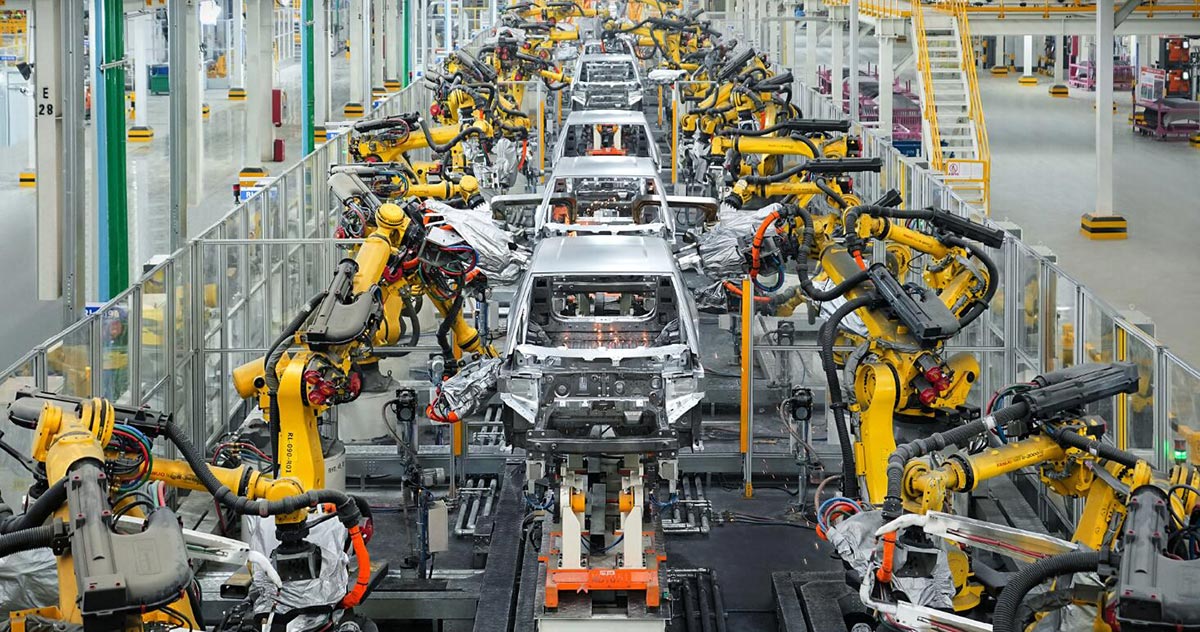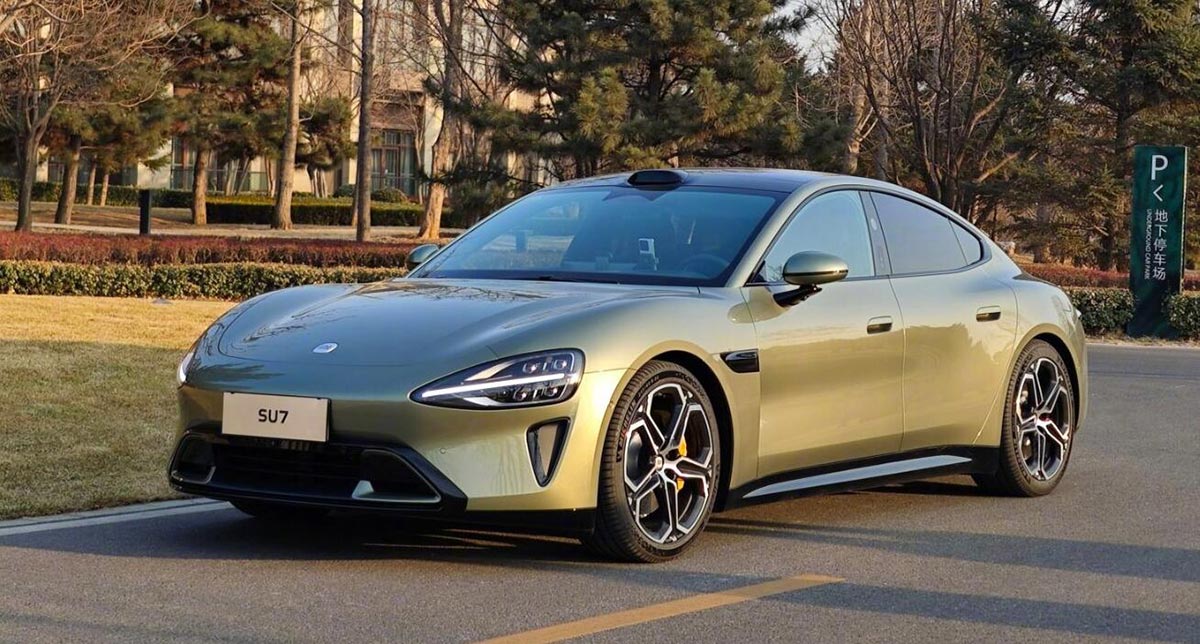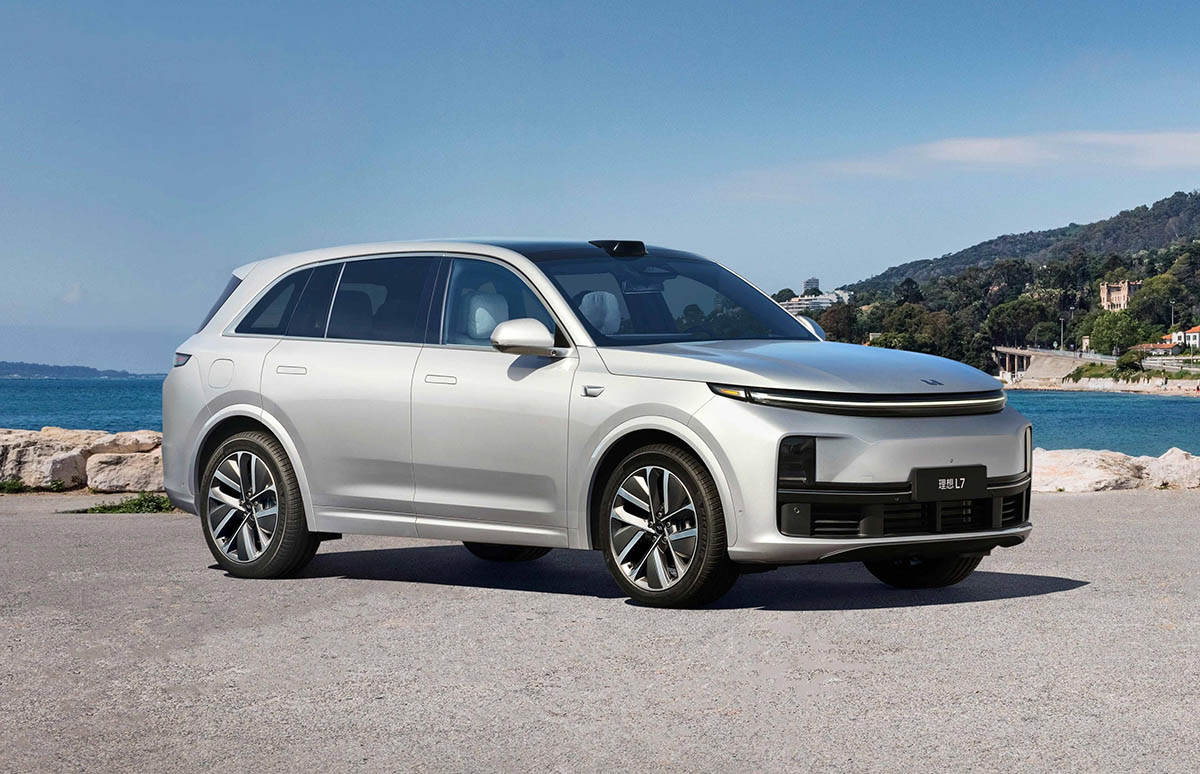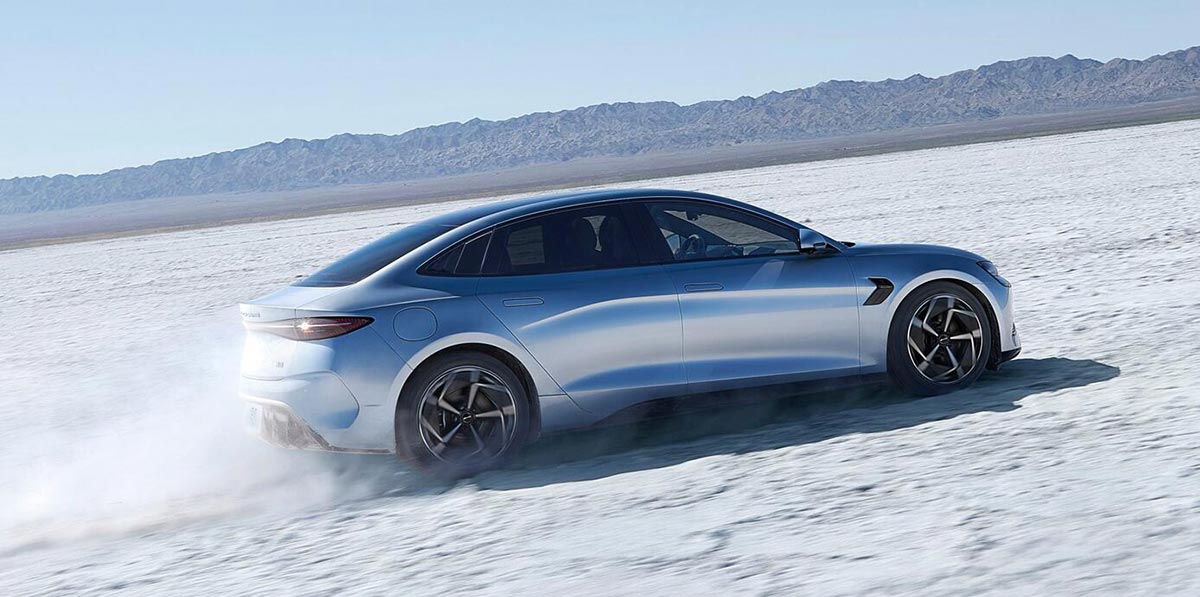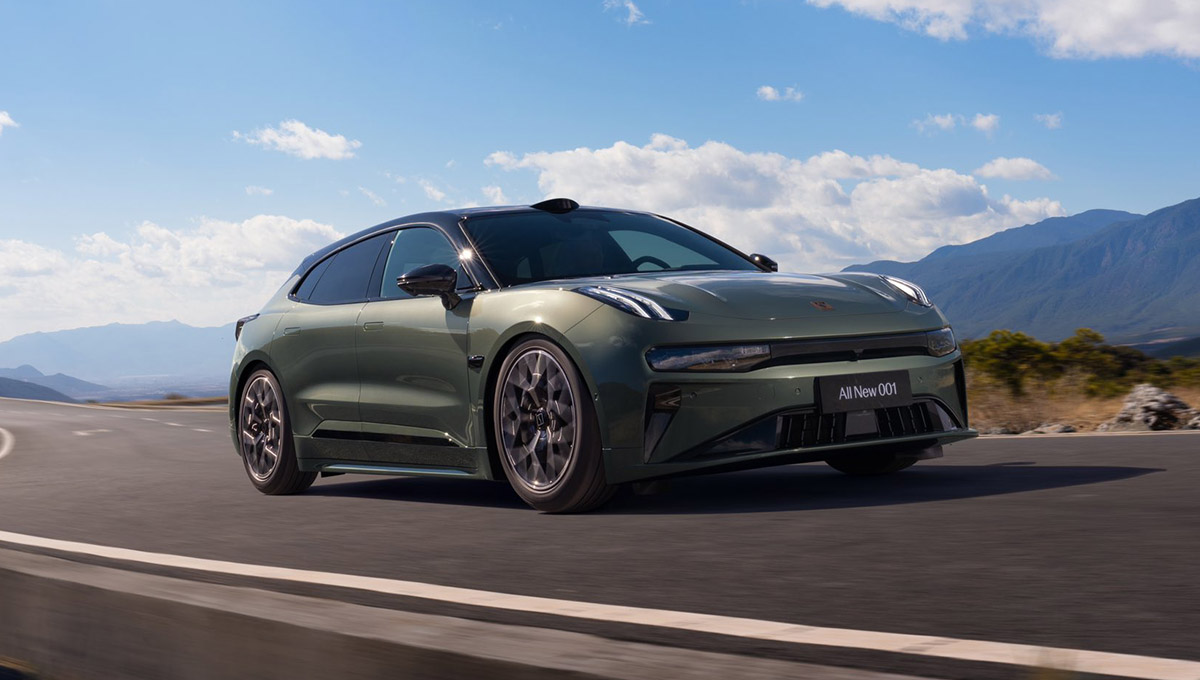Chinese automakers may not have made their mark in the American market yet, but the threat they pose is already causing headaches for U.S. car manufacturers. A recent study on American buyers’ awareness of Chinese electric vehicles (EVs) is set to further amplify this concern.
While Chinese brands are not currently available for purchase in the U.S., General Motors (GM) and Ford are wary of their attempts to establish a presence in Mexico, potentially gaining backdoor access to the North American market. However, hopes that it would take Chinese brands a long time to build brand awareness among American consumers have been dashed by new research findings.
According to the AlixPartners 2024 International Electric Vehicle Consumer-Sentiment Survey, which surveyed 9,000 drivers worldwide, including 2,000 in the U.S., 58 percent of American EV buyers considering a purchase in the near future are already familiar with Chinese brands such as BYD, Leapmotor, and Nio.
The survey also highlighted that awareness of Chinese brands is particularly strong among younger drivers, aged 18-25. Furthermore, 73 percent of American drivers would contemplate purchasing a Chinese-brand electric car if it were priced 20 percent lower than a non-Chinese EV. While this price reduction may seem significant, it could be achievable for EVs built in Mexico and imported from there, rather than straight imports from China due to tax implications.
Despite the potential for cost savings, the study suggests that American buyers may still be hesitant to purchase Chinese-brand EVs due to concerns regarding reliability, service quality, and brand image. However, the report points out that Chinese consumers had similar concerns in the past but have since come to view Chinese-branded EVs as competitive with Western brands.
The findings indicate a shifting landscape in the EV market, with Chinese brands increasingly gaining recognition and consideration among American consumers, posing a growing challenge to traditional U.S. automakers.

